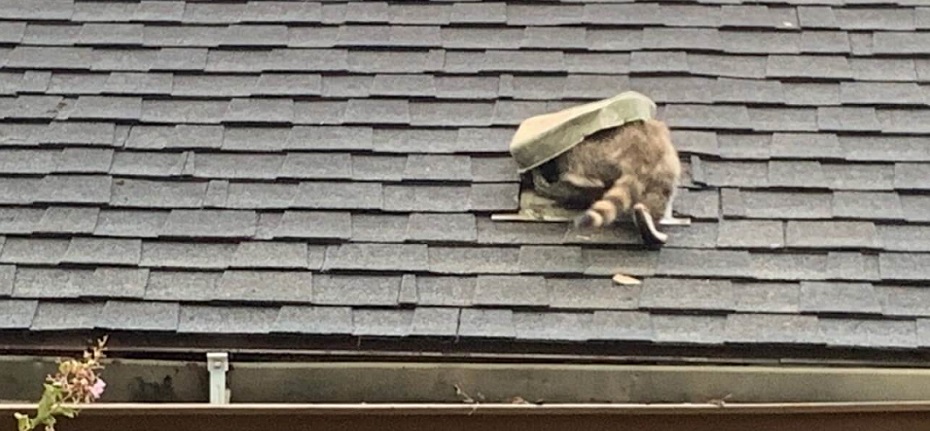
Fort Lauderdale Raccoons
If you see a raccoon on your property or see signs of raccoon activity, it’s time to start thinking about raccoon pest control. Raccoons can damage your home and carry diseases that can be transmitted to humans.
Raccoons like to live close to water, so the many canals of Fort Lauderdale attract these pests. The animals are a nuisance in yards, tipping over trash cans and disturbing gardens. Mother raccoons may also break into attics and crawl spaces to raise their young. Raccoons in Fort Lauderdale homes pose a health risk, as they can carry parasites and transmit diseases such as rabies.
Critter Control experts specialize in raccoon removal and control. To remove and control a raccoon or family of raccoons on your property, we perform a thorough inspection that helps us develop a personalized raccoon removal plan. We build custom traps that are safe and humane but effectively remove the animal without putting you or your family in danger. We also seal all entry points to prevent future raccoon visits.
Raccoon Inspection
Critter Control technicians are comprehensive during the inspection to avoid missing any signs of raccoon activity. What they find will help establish their steps in removing and excluding raccoons. Specific raccoon signs include the following:
- Paw tracks that resemble human hands, with four fingers and a thumb.
- Feces are typically found in piles since raccoons like to create a latrine in their dens.
- Holes and cracks that are the right size for raccoons to enter your home.
- Smudge marks on siding, walls, floors, and anywhere a raccoon was active.
Our technicians allow their expertise to guide the inspection process.
Raccoon Trapping
Raccoon trapping is the most effective, safe, and humane way to remove a raccoon. Direct capture, which involves catching a raccoon without traps, is not commonly used because raccoons carry rabies and other diseases. There are legal regulations pertaining to raccoon removal and relocation. Depending on your local and state laws, you may be required to obtain a permit for trapping. Also, you may need written permission from a property owner to relocate a raccoon to someone else’s property.
When removing raccoon babies from an attic, our wildlife specialists seek help from a local wildlife rehabilitation center. At Critter Control, we understand all the laws and regulations regarding raccoon removal and ensure you remain compliant. Our trapping process ensures everyone’s safety, as it is a reliable, effective, and humane way of capturing the animal.
Exclusion for Immediate Raccoon Pest Control
Exclusion means changing your home and property, making it unlikely a raccoon will move in. We practice exclusion for control, not raccoon extermination. Exclusion services are the most effective and immediate means of raccoon pest control. While do-it-yourself (DIY) methods are available, such as devices that use noises, lights, or predator scents, they are not long-term solutions.
Critter Control identifies all potential and current raccoon entry points. We permanently seal or repair cracks or holes using materials that raccoons cannot break. Exclusion services also involve making your property less attractive to raccoons.
Raccoon Removal and Pest Control Services:


